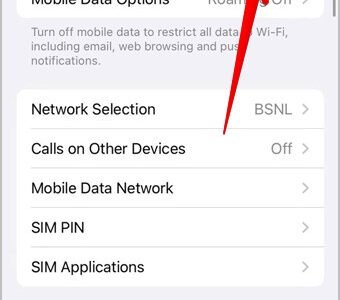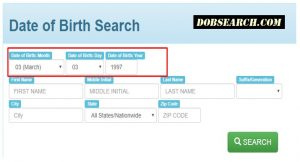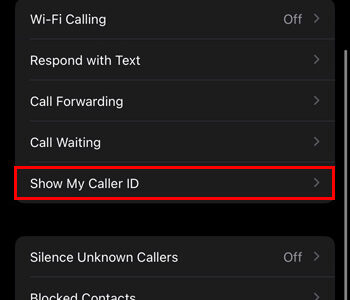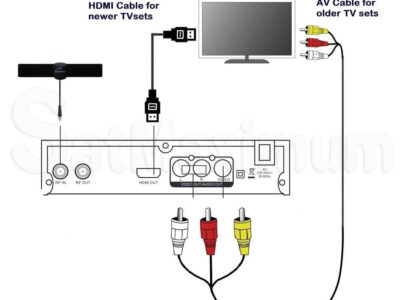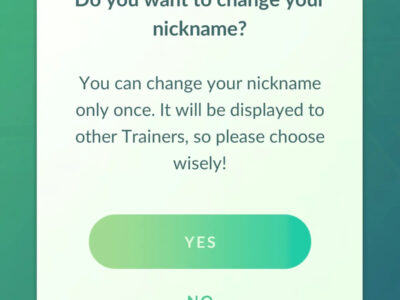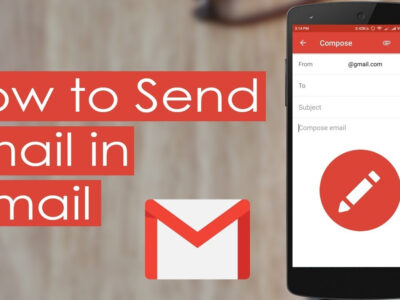Have you ever wondered what it takes for water to transition from a liquid into a solid, icy state within your freezer? Freezing water is a common occurrence that fascinates many, whether you’re a cocktail enthusiast looking to make the perfect ice cube or a parent trying to teach science concepts to your child. While it might seem as simple as pouring water into a tray and popping it into the freezer, various factors influence the time it takes for water to freeze. Understanding these factors can help you calculate the freezing time more accurately and even experiment with different methods to achieve the desired result.
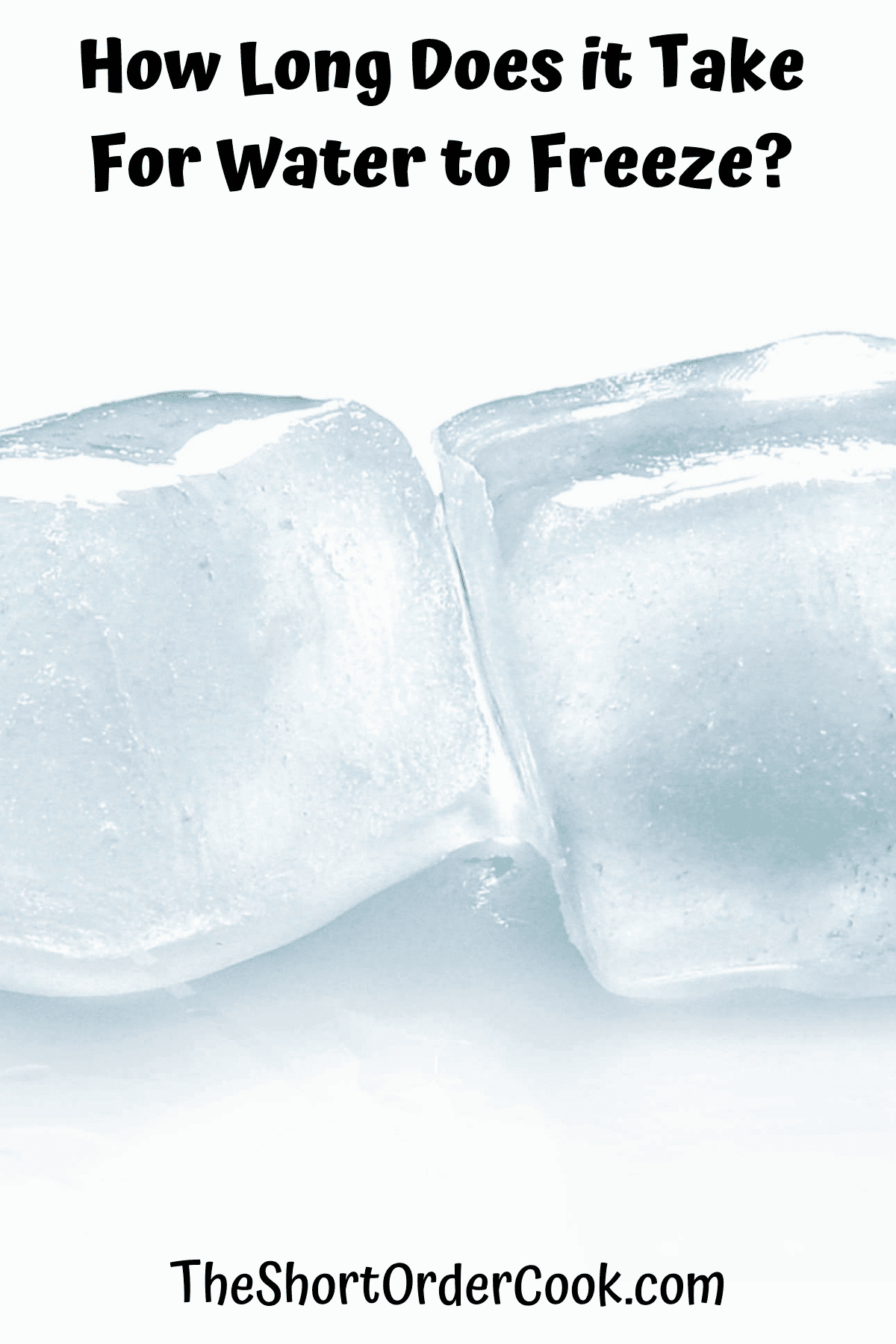
Understanding Freezing Point
Water typically freezes at 0 degrees Celsius (32 degrees Fahrenheit) under standard atmospheric pressure. However, numerous factors can influence the speed at which water reaches its freezing point. The volume of water, the initial temperature of the water, the temperature setting of the freezer, the material of the container holding the water, and even the presence of impurities in the water can affect the freezing time.
Detailed Steps:
- Volume of Water: Measure the amount of water you intend to freeze. The more water there is, the longer it will take to freeze.
- Initial Water Temperature: Note the starting temperature of the water. Warmer water will naturally take longer to freeze than colder water.
- Freezer Temperature: Check your freezer’s temperature setting. The colder the setting, the quicker the water will freeze. Most household freezers are set at -18 degrees Celsius (-0.4 degrees Fahrenheit).
- Container Material: Use a container made from a material that conducts cold well, such as metal, to speed up the freezing process.
- Impurities in Water: Pure water actually freezes slower than water with impurities like salt. For quicker freezing, avoid using distilled water.
Summary:
Understanding these specific factors allows for better prediction and control over the water freezing process. While adjusting each element provides practical benefits such as speeding up the freezing time, it should be noted that altering some factors, like adding impurities, can affect the quality and taste of the ice.
Size Matters
The size and shape of the container you use to freeze water can have a significant impact on the rate at which it freezes. Smaller volumes of water will freeze faster due to a larger surface area exposed to cold air relative to the volume of water.
Detailed Steps:
- Choose Small Containers: Prefer using ice cube trays over large bowls. The smaller the container, the quicker the water will freeze.
- Increase Surface Area: Wide and shallow containers allow for faster freezing due to a greater surface area exposure.
- Divide Larger Volumes: If you need to freeze a large amount of water, divide it into multiple smaller containers.
Summary:
Using smaller containers accelerates the freezing process and is a straightforward way to quicken the production of ice. However, if you need a large quantity of ice at once, this may require more space in your freezer or more frequent refilling of trays.
Pre-Chill for Speed
Pre-chilling your water before placing it into the freezer can save a significant amount of time in the freezing process.
Detailed Steps:
- Cool Water in the Refrigerator: Place the water in the refrigerator for a few hours before transferring it into the freezer.
- Use Cold Tap Water: If you’re in a hurry, fill your containers with the coldest tap water you can get.
Summary:
Pre-chilled water will freeze faster, thus cutting down on your wait time. The downside is that it requires some forethought and the availability of space in your refrigerator.
The Insulation Effect
Insulation can have a counter-intuitive effect on water’s freezing time. Sometimes, insulating a container can lead to faster freezing under the right circumstances.
Detailed Steps:
- Use an Insulated Container: To experiment, try using an insulated mug or container to freeze water.
- Placement in the Freezer: Place the insulated container in the coldest part of the freezer, often at the back and away from the door.
Summary:
Insulation can help keep the cold in once the freezing starts, potentially decreasing overall freezing time. However, this varies with different types of freezers and containers, so results may not be consistent.
Effects of Air Circulation
Proper air circulation in your freezer can promote an even and faster freezing process.
Detailed Steps:
- Positioning: Ensure that containers are placed in a way that allows for unobstructed air flow between them.
- Avoid Overpacking the Freezer: Keeping the freezer too full can restrict air circulation, causing uneven freezing.
Summary:
Good air circulation contributes to a quicker freeze and prevents ice from forming in clumps. A potential downside to this approach is having to maintain a less-than-full freezer, which could be less energy-efficient.
Freezer Management
Maintaining your freezer properly plays an essential role in its efficiency, including how quickly it can freeze water.
Detailed Steps:
- Regularly Defrost: Prevent ice build-up by defrosting your freezer regularly.
- Check the Seal: Ensure the freezer’s door seal is tight and free of debris to keep the cold air inside.
Summary:
Good freezer maintenance can significantly enhance freeze times and overall freezer performance, although it does require regular attention and upkeep.
Water Purity and Boiling
Interestingly, boiling water can sometimes freeze faster than cold water, a phenomenon known as the Mpemba effect.
Detailed Steps:
- Boil Water: Bring your water to a rolling boil and then let it cool slightly.
- Quick Cool Down: After boiling, transfer water to a cold container to bring down its temperature before freezing.
Summary:
While boiling water might boost the freezing process, it also involves additional steps which may not be practical for all users.
Adaptive Freezing Techniques
If you’re looking for precision, using adaptive freezing techniques alongside tools like thermometers can help you monitor and control the process better.
Detailed Steps:
- Temperature Monitoring: Periodically check the water temperature with a thermometer.
- Adjust Freezer Settings: If your freezer allows, adjust its temperature settings based on your observations for optimum performance.
Summary:
This approach is particularly effective but requires a hands-on effort and additional resources like a thermometer.
Using Ice Nucleators
Certain materials act as ice nucleators and can speed up the freezing process when placed into water.
Detailed Steps:
- Find an Ice Nucleator: Common household items like silver spoons or ice chips can serve this function.
- Submerge the Object: Place the nucleator into the water before freezing.
Summary:
Ice nucleators can decrease freezing time, but they may not be suitable for all freezing purposes, especially for those looking for clear ice.
Chemical Freezing Aids
Special freezing aids, typically in the form of chemicals, can be purchased to enhance the freezing process of water.
Detailed Steps:
- Purchase a Freezing Aid: Find a product that is safe and intended for this use.
- Follow Instructions: Use the product according to its guidelines.
Summary:
Chemical aids can provide a uniform and quick freeze, but their use may not be intended for consumable ice, and extra care must be taken to ensure safety.
Conclusion
Although the process of freezing water may seem mundane, a multitude of factors can affect how quickly it turns into ice. By manipulating variables such as container size, pre-chilling the water, and freezer settings, you can find efficient ways to achieve your desired result. Remember, while some methods may help you freeze water faster, they may come with drawbacks that could influence your choice based on your particular needs or circumstances.
FAQs
Q: Does hot water freeze faster than cold water?
A: Hot water can sometimes freeze faster than cold water due to the Mpemba effect. However, this is not always the case and can depend on various conditions.
Q: Will salt water freeze faster than pure water?
A: Generally, salt water will freeze at a lower temperature than pure water, and thus it takes longer to freeze when using common household freezing equipment.
Q: How can I make clear ice cubes like those found in restaurants and bars?
A: To make clear ice cubes, start with distilled or boiled water to remove impurities and air bubbles. Freeze the water slowly, using an insulated container that allows water to freeze from the top down.

